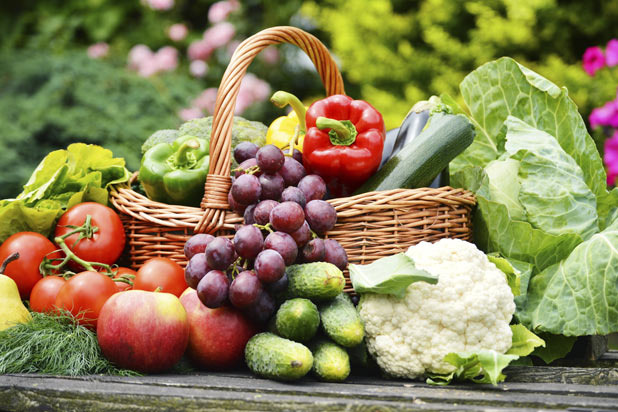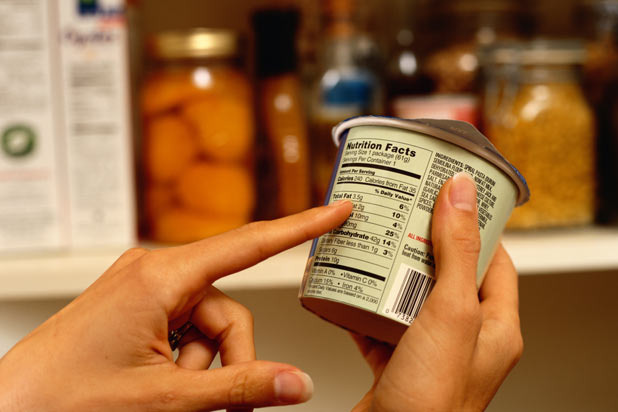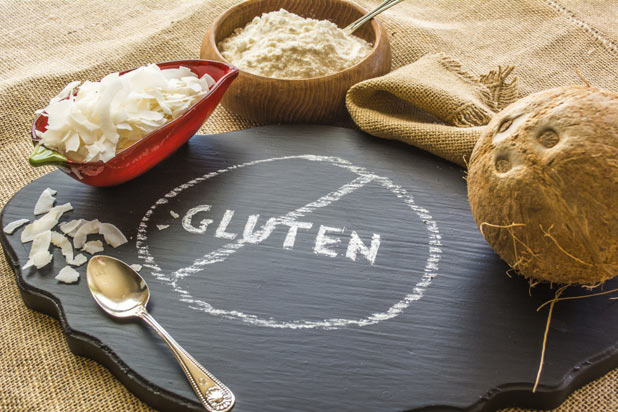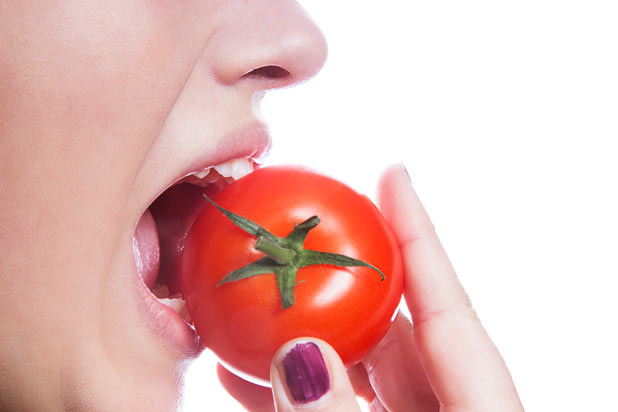10 Dieting Myths You Have To Stop Believing
The Daily Meal sat down with Dr. Sue Decotiis, a board certified doctor based in New York City with a specialty in medical weight loss and hormone replacement therapy, to talk about the biggest and most flagrant dieting myths that people should be aware of.
Many of the most popular dieting myths can actually be harmful to your health and overall weight loss goals, believes Decotiis. "One of the biggest things I see people clinging to is the myth of the low-fat diet. Even though fats contain more calories per ounce, it is really the sugar in our diets that are making us obese," she said. "We're consuming so much more sugar as a nation compared to thirty years ago."
Slow and Steady Weight Loss Is Best
If someone is going to lose weight on their own, they need to take it off as quickly as possible, says Decotiis. "After you lose a significant amount of weight, you only have a certain amount of time before your metabolism readjusts and it goes down," noted Decotiis. "When the metabolic rate readjusts, people will get hungrier and eat and gain the weight back."
All Fruits and Vegetables Will Help You Lose Weight
Sadly, even on a diet filled with fruits and vegetables, people can't be sure that what they are eating is healthy. Some fruits are extremely high in sugar like strawberries, so be sure that you're looking into their nutritional value before you eat. Most nutritionists agree that any produce is better than none at all, but there are some that work better for people who are on diets or are trying to reduce bloat after overindulging.
Low-Fat Diets Aid in Weight Loss And Are Healthy
Even though fats contain more calories per ounce, it's really the sugar in our diets making people obese. There is misleading labeling going on in our products and when something says "Low-fat" in a supermarket, especially yogurt, it often means high sugar, says Decotiis.
Cleanses and Detoxes
Cleanses and detoxes can be quite deceiving. Dieters believe they are getting low calorie juices and concoctions but they're really getting an abundance of carbohydrates. Other detoxes like BluePrint Cleanse contain an alarming amount of sugar. "These juices are not the way to go," said Decotiis. "And the detoxes have so many carbs in them and you're not getting any protein. If you want to detox, you need protein."
Elimination Diets
Cutting out one particular type of food isn't going to help you lose weight, Decotiis believes. "The reason why people have food sensitivities and problems with digestion is not the food but the gut bacteria. When that's corrected you should be able to digest food. And when you reduce that inflammation, you can then lose weight."
Calories In, Calories Out.
Many people subscribe to the belief that to lose one pound you must burn 3,500 calories. But if you have metabolic imbalances, you can't find out how many calories your body can burn. Decotiis stresses that every person's body is different, so if you're thinking of calories in, calories out, you could wind up not losing any weight at all.
Gluten Free Products
While this is not a condemnation of the gluten-free diet, there are many gluten-free products sweeping supermarkets that are not as healthy as they seem. Many of the packaged cookies, breads, and snacks contain more calories, more sugar, and more carbohydrates than their gluten-filled counterparts. For those following a gluten-free diet, it's best to not swap one processed product out for another.
“One Size Fits All” Probiotics
While probiotics are good and can jumpstart a weight loss process, not all probiotics are created equal. "The one off the shelf from Duane Reade might not be the one for you," said Decotiis. She suggests seeking medical advice to decide which type of probiotic is best for your body and your system that will yield the best results.
Fad Diets
All cookies, all beets, fruit-free, fat-free — you name it, it's has its moment in the sun as a fad diet. They simply don't work, says Decotiis. Losing weight is about a combination of a healthy diet and exercise, and not about focusing on eating one singular thing or eliminating a whole host of others.
Over Exercising
If someone has a significant amount of weight to lose, Decotiis suggests first concentrating on their diet to shed the pounds. When they become closer to their goal weight, that's when it is appropriate to start up a well-thought-out exercise program. The program should be sustainable and long-term oriented, so that the fruit of one's labor doesn't get cancelled out when an overly rigorous regimen becomes too much to maintain.










